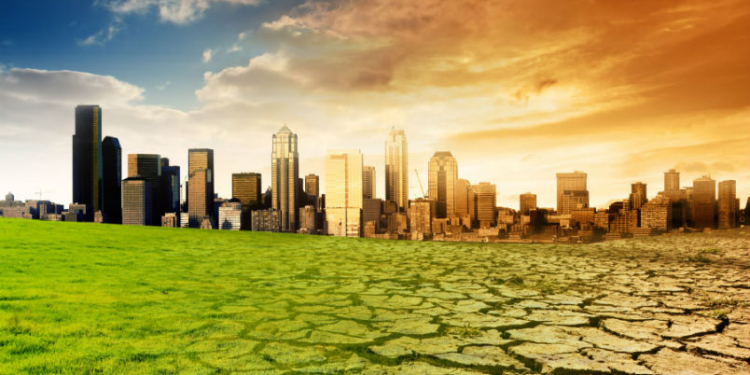The FINANCIAL — A paper published in the journal Nature Energy identifies five ways that people of high socioeconomic status have a disproportionate impact on global greenhouse gas emissions – and therefore an outsized responsibility to facilitate progress in climate change mitigation, University of Cambridge notes.
In their roles as consumers, investors, role models, organisational participants, and citizens, people in this group can help shape the choices available to themselves and others, providing options that either exacerbate or mitigate climate change.
Most research into how we can reduce our climate impact has focused on changing the consumer behaviour of the masses – recycling and switching off lights at home, for example. The authors say that the focus must shift to finding ways of motivating people of high socioeconomic status to change many kinds of behaviours, because what they do can have a much greater impact on carbon emissions.
The study defines high socioeconomic status as a person’s position in the structure of society, including not only their wealth and income, but also their ‘social resources’, which include social class, occupation, and social network. It encompasses a much broader spectrum of people than just the super-rich, including everyone with an annual income of US $109,000 and above, University of Cambridge notes.
“High socioeconomic status people aren’t just those with more money, but those with better social networks. Their connections can enable them to influence behaviours and policies to help mitigate climate change – and we need to find ways to encourage them to do this,” said Dr Kristian Nielsen, a postdoctoral researcher in the University of Cambridge’s Department of Psychology, first author of the paper.
He added: “By saying it’s only the super-rich that need to change their behaviour, we ignore the power that others have to help tackle climate change though their influence.”
The climate impact of air travel is now well known, but over 50% of greenhouse gas emissions from flying are caused by just 1% of the world’s population. The study highlights the need to change social norms associated with frequent flying – usually by people of high socio-economic status – but also to look beyond their role as consumers.
“People of higher socioeconomic status could also act as role models, making more climate-friendly choices that influence others – for example driving electric cars or eating a vegan diet. You don’t need a massive income to be a role model, you just need to be well-connected,” said Nielsen.
Investments also provide an opportunity for those of higher socioeconomic status to mitigate climate change. Although attention has focused on shifting the investment of large pension funds away from fossil fuel companies, the researchers say that the investment portfolios of individuals – particularly those with immense wealth – can also have a very significant influence.
In addition, high socioeconomic status individuals – whether owners or employees – can help to mitigate climate change through their organisations, for example by changing suppliers, business culture and investments.
And as citizens, people of high socioeconomic status have the networks to help them organise social movements, and better access politicians and decision-makers. Their financial resources also help: making donations helps smooth the path to advancing social change.
“Our study focused on people of high socioeconomic status because they have generated many of the problems of fossil fuel dependence and associated climate change, which affect the rest of humanity. And they are also well positioned to do something about it,” said Nielsen.
He added: “When certain people change their behaviour for the good of the climate it can have spill-over effects that go way beyond the effects of the average person, and lead to systemic change.”































Discussion about this post